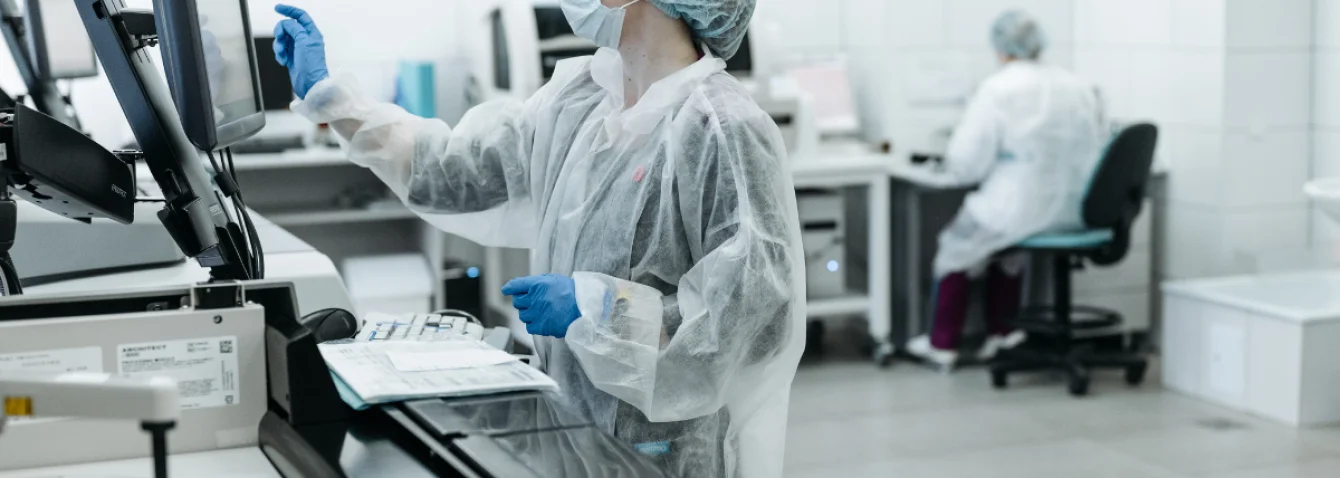
New study provides further evidence of beneficial role of estradiol in COVID-19 infection
A new study investigating estrogen receptors provides further evidence of beneficial role of estradiol in COVID-19 infection.
Sex differences in response to coronaviruses have been well reported for over five years after the SARS and MERS outbreaks. Early in the COVID-19 pandemic, it was known that men were at higher risk of presenting with more severe infection and of hospitalisation.
This was thought to be linked to poorer lifestyle and health conditions, but further research suggests a link to sex hormones, especially estradiol, in improving protection in premenopausal women by inhibiting inflammation and regulating immune responses.
In this study, a team of scientists from Sao Paolo, Brazil, focused on the involvement of estrogen receptors in modulating or replicating virus infection.
Researchers looked at the primary site of SARS-CoV-2 infection – the respiratory tract – to further understand the cytokine storm that occurs rapidly in the lungs and contributes to death.
The authors, which include Newson Health Menopause Society founder Dr Louise Newson, explain:
“The estrogen receptors ERα, ERβ and GPER1 were overexpressed in a human lung cell line, and then were infected with SARS-CoV-2 infection.
We observed that no alterations in ACE2 and TMPRSS2 expression was found in cells that overexpressed estrogen receptors, despite higher levels of ACE2 due to the SARS-CoV-2 infection. As the main site of SARS-CoV-2 infection is in the lungs, these results support the important role of oestradiol at protecting and reducing inflammation.”
One of the authors, Professor Rodrigo Ureshino from the Federal University of Sao Paulo, said: “This is an exciting paper from our group showing the lung-derived cells’ protection mediated by estrogen receptors in COVID-19’s in vitro model. This provides evidence that G Protein-Coupled Estrogen Receptor 1 (GPER1) activation reduces SARS-CoV-2 infection in vitro, reinforcing the idea that estrogen has a potential role in COVID-19.”
The authors’ conclusion supports Seeland’s 2020 world database study that found that perimenopausal and menopausal women taking 17β-estradiol hormone therapy had more than 50% reduced risk of developing severe COVID-19.